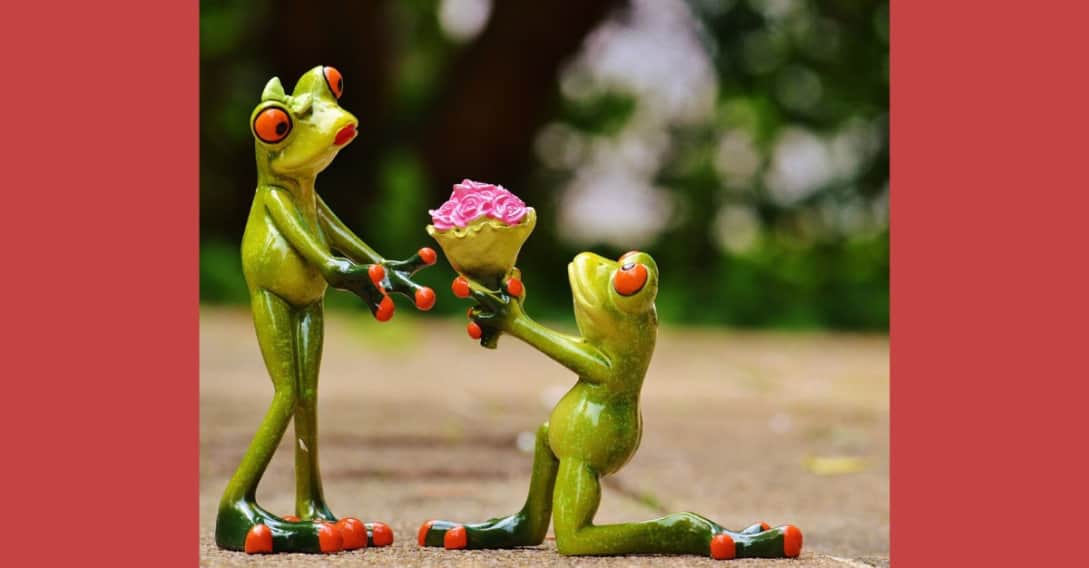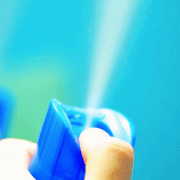Giving a Valentine’s Gift to Someone with Allergies?
Valentine presents aren’t just for lovers. We often give them to friends, children, teachers, nurses, neighbors. . . anyone in the circle of people we care about or are grateful for.
The last thing we want our gift to do is trigger sneezing, wheezing, ticcing, hives, hyperactivity, itchy eyes or other health symptoms. The American College of Allergy, Asthma and Immunology prepared a list of five Valentine’s Day gifts to avoid for someone with allergies.
While their article focused on respiratory responses, Latitudes.org readers know that allergic reactions and sensitivities can affect the central nervous system and digestive tract, not just respiratory function.
Check your ideas against this “no” list
Double-check your gift-giving plans while considering the items below. This is our take on these gifts. For more information on each, see the ACAAI website for the full article.
 Candy or food with “mystery” ingredients
Candy or food with “mystery” ingredients
If your Valentine has food allergies but doesn’t know what’s in the gift, they won’t know if danger lurks within. In addition to frequently troublesome foods, like eggs, milk, peanuts, tree nuts, fish, shellfish, wheat, soy and sesame, there might also be artificial additives like colors, flavors and preservatives. Don’t take any chances with prepared items. And remember to apply the same criteria to anything you might be baking.
 Romantic fires in the fireplace
Romantic fires in the fireplace
This is a lovely gesture, but smoke can trigger an allergic response. LED-lit candles are recommended; their use would avoid the smoke from the wick, and also the scent from artificially fragranced candles.
 Strong perfume or cologne
Strong perfume or cologne
Perfumes and colognes are a major issue for many allergy sufferers. They can contain volatile organic compounds, in addition to other chemicals, that can cause a range of adverse symptoms. A high percentage of people with allergies cannot tolerate scented products, especially perfume and cologne.
 Flowers
Flowers
It’s often the pollen in flowers that sets off an immune reaction. ACAAI suggests roses are usually safe. A note from Sheila DeMare, editor: Be aware that flowers are usually heavily sprayed with pesticides, especially when they have been shipped from out of the country.
 Dust, mold and grime
Dust, mold and grime
These are not really gifts, of course, but ACAAI says to make sure the house is clear of potential environmental triggers. Use HEPA air filters, check for mold, vacuum regularly . . . You know, all those unromantic but important ways to show you care.
 Our dedicated staff at Association for Comprehensive NeuroTherapy wishes you a happy and healthy Valentine’s Day. We hope you can take time to let those you care about know how much they mean to you. Please know that we value you, our readers!
Our dedicated staff at Association for Comprehensive NeuroTherapy wishes you a happy and healthy Valentine’s Day. We hope you can take time to let those you care about know how much they mean to you. Please know that we value you, our readers!








